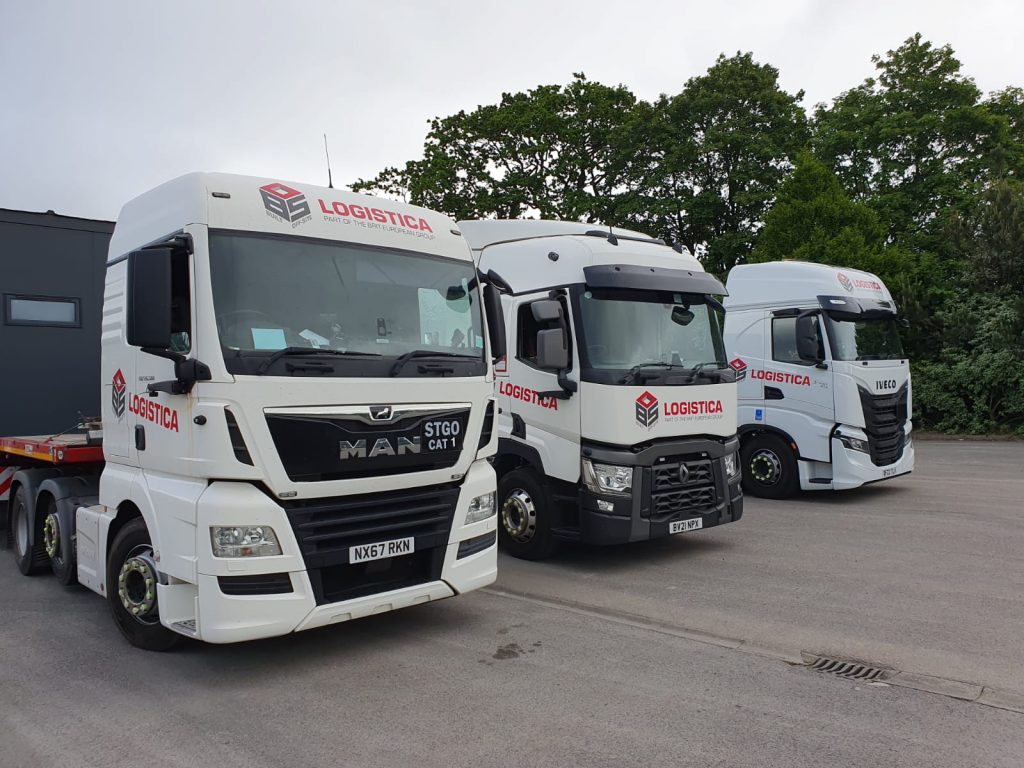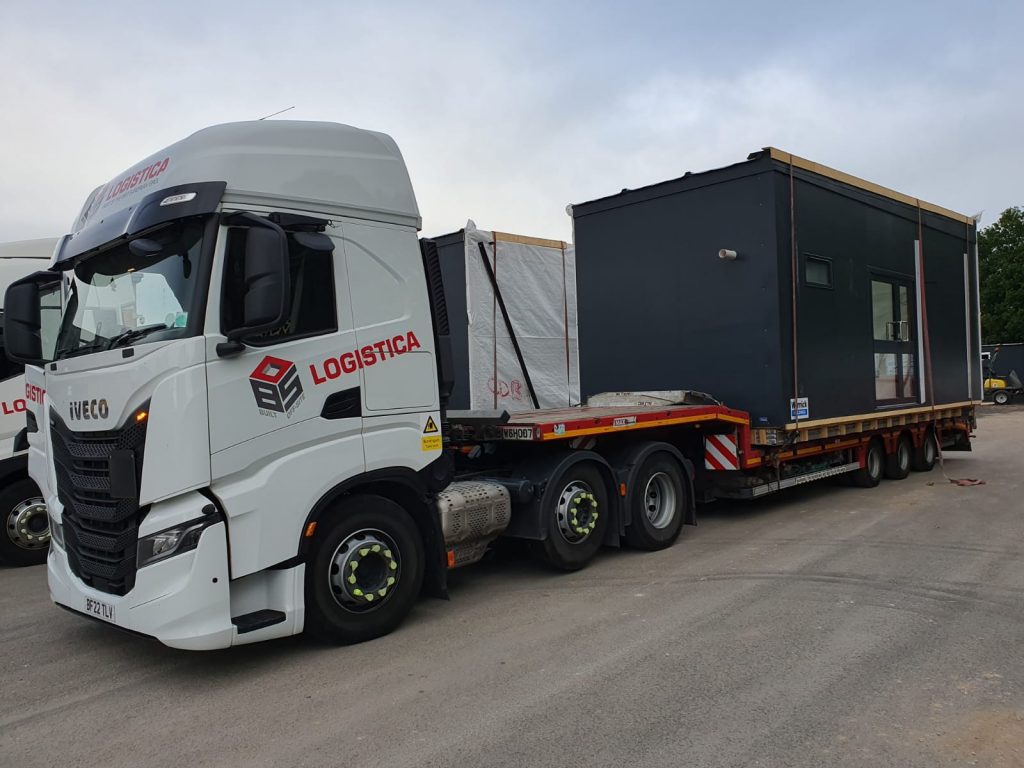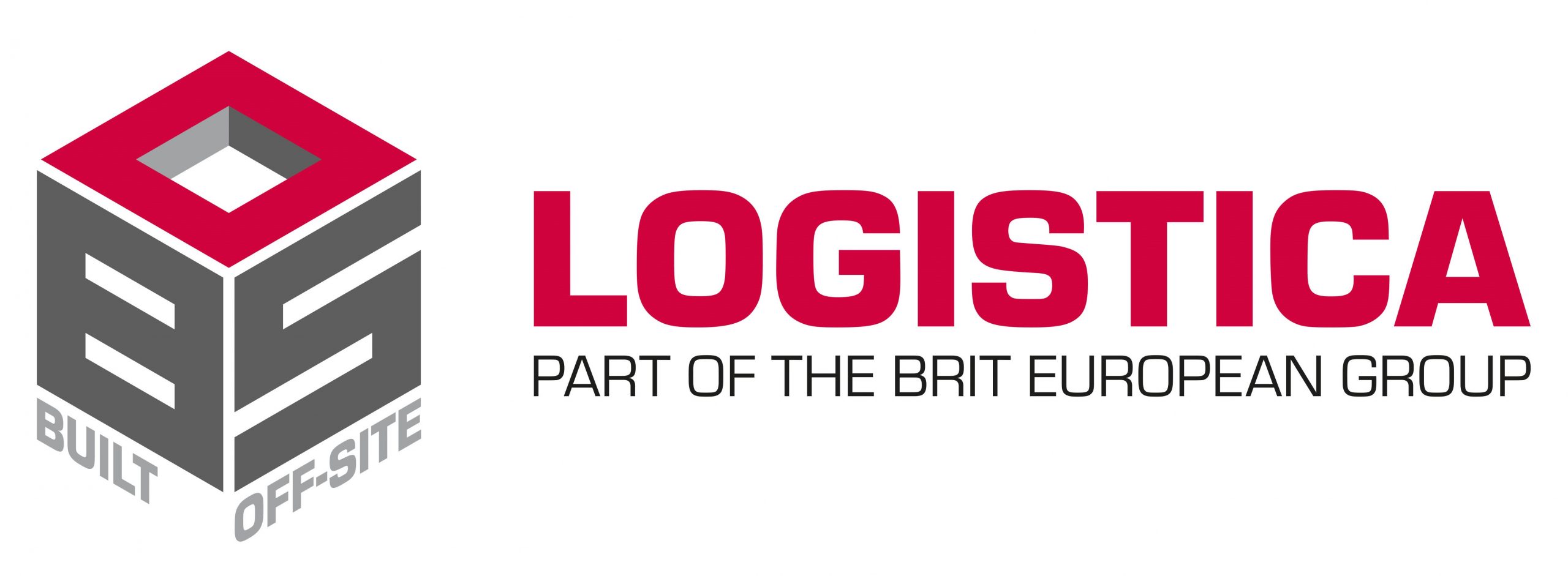
Modular housing is well established in countries such as Japan (where around 15% of new housing construction is prefabricated). However as reported by the Guardian in April 2023, the industry in the UK is only starting to get going, and is still largely loss making.
As recently as June 2023, London house builder Berkeley Group announced that they were pausing the production of modular homes at their new factory.
Despite a rise in overall group profits, Rob Perrins (Chief Executive) said:
“Berkeley’s immediate focus is on evolving the product to remove cost, weight and complexity while continuing to work with the numerous statutory bodies to achieve the various regulatory approvals required for efficient future delivery. We will not be putting the factory into full production until this is achieved.”
The company also noted “the decision of other parties to exit the industry due to the costs and efficiency impact of regulatory and planning uncertainty on a stable production pipeline.”
Many of the challenges facing business in the UK today can be traced back to well reported factors; Brexit, the pandemic, and the Ukraine War. The building supply chain is no different – however, Rob Perrin did go on to state that construction inflation was improving, alongside improvements in the supply chain situation overall.
Not all doom and gloom
As with any industry sector though, alongside cautionary tales there are notable success stories and great optimism for the future.
Offsite Solutions has recently been awarded contracts to the tune of over £5m to supply just under 1,500-bathroom pods for Downing’s first co-living scheme in Manchester at Square Gardens.
Andy Thomas, Operations Director at Downing, said:
“Manufacturing bathrooms offsite gives us a huge benefit in terms of programme, reduction of waste on site and certainty in quality. Pod technology continues to advance. At Square Gardens we are utilising new higher specification GRP finishes and floorless pods.”
James Stephens, Managing Director of Offsite Solutions said:
“Over the life of GRP pods, we estimate that the operating cost saving is at least 90 per cent more than in-situ bathroom construction. GRP pod technology continues to advance and we have now developed a series of new aesthetic options and features that developers can specify to further enhance tenant appeal in the shared living space.”
So clearly in the UK some there are areas of the Modular industry that are thriving and pushing ahead with new technology and bigger projects – and there are indications that we could soon be witnessing an upsurge in off-site construction in the UK.

Why the big difference between the UK and Japan?
One reason for disparities in the past could be something as simple as differing cultural outlooks. Japanese families that use modular housing often rebuild their homes every 30 or so years. In the UK in particular, a negative association is still perhaps made with the assembly line “prefabs” from the 1950s and 1960s.
In Japan modular housing has become mainstream largely due to synergies with other manufacturing industries, alongside inspections being carried out by industry-specific trained professionals, rather than a general building code being put in place (source Mordor Intelligence).
It Is well known that in the UK, nothing involving red tape happens quickly!
However, today there is evidence that this dynamic could be shifting, and that the modular industry in the UK appears to be set for massive growth. Japan has an aging (and shrinking) population, indicating that there are fewer young people seeking to buy property. The country still had more than 8 million unoccupied homes in 2018 (source Internal Affairs Ministry Housing and Land Survey 2018), nearly 14% of the total housing market.
Compare this to approximate 250, 000 empty properties in the UK (source Government Council taxbase November 2022) and it’s easy to see where Modular homes and buildings could become a major factor in England.
There is also evidence (with reduced domestic demand) that developers such as Panasonic Homes are looking to expand overseas – Japan still has some of the largest prefabricated home manufacturers in the world, and they will need to strengthen their businesses by investigating new markets.
The future…
As in the case of the Square Garden project, off-site construction of modular items is not restricted to “complete” buildings – and the operating, manufacturing and re-sale advantages cited indicate massive potential as technology and confidence improves.
So, what of the future for modular housing in the UK? There are clear positives:
- Modular homes are in the top energy saving bracket, and could save an average household up to £800 a year on energy bills (source Make UK Modular).
- There is still a housing shortage in the UK, with more and more people unable to get on the “property ladder”.
- A two-bedroom house from start to fully-decorated finish can be completed in around 12 weeks.
- Lower construction costs
- Less environmental impact
While there will always be obstacles to a “new way” of doing things, obstacles are there to be overcome. Indications are that, as the supply chain strengthens and the economic background becomes more stable, the off-site/Modular construction sector should be at the forefront of building projects to come – and with a newer way of thinking (for the UK at least!) comes the solution to a number of issues faced today – and in the future.
Tony Curran








